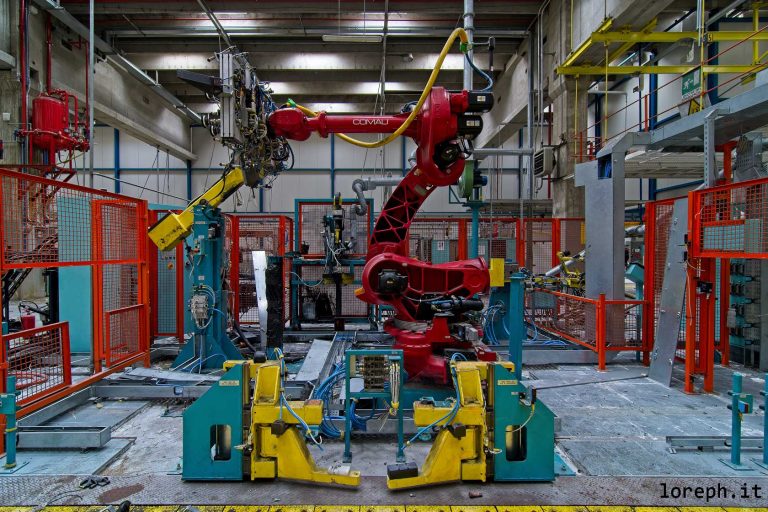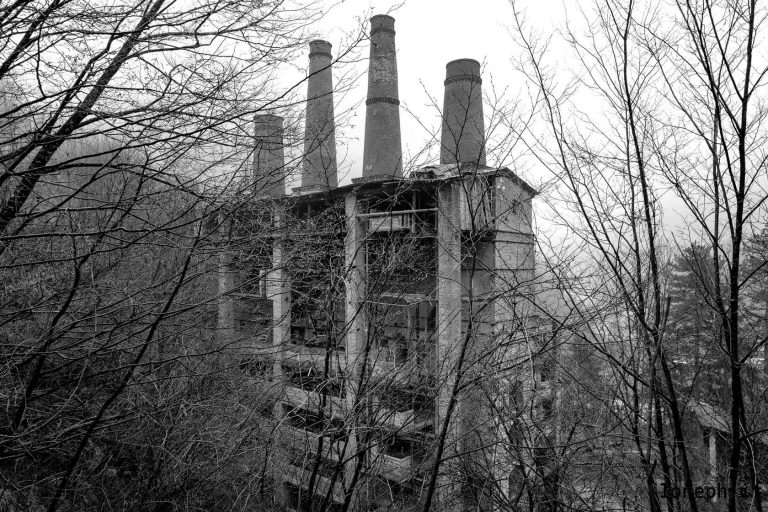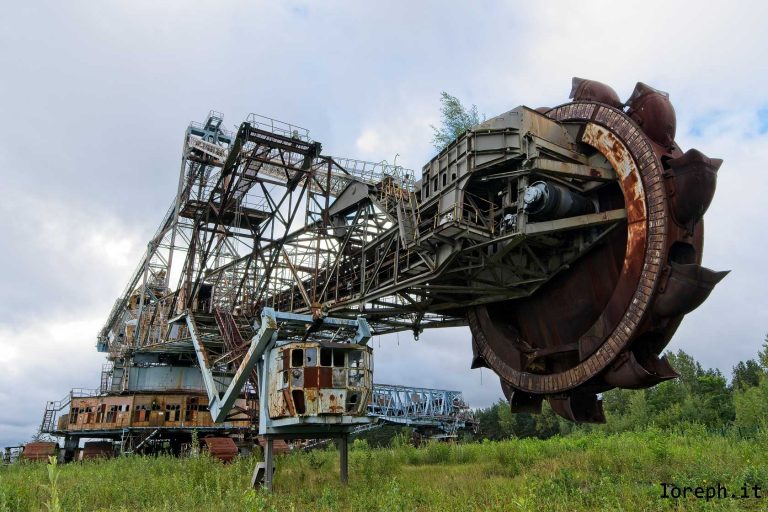COTONIFICIO CANTONI SARONNO [IT]
Exploration #250 Cotonificio Cantoni, Saronno. The cotonificio Cantoni is one of the most important examples of the Italian textile industry of the 20th century. Founded in 1828 along the Olona river in Legnano, the company began as a small textile workshop and quickly developed into a large factory, becoming the largest cotton mill in Italy for a long time.
In addition to the historical one established in Legnano, the Cantoni family founded other cotton mills. They opened factories in Castellanza (1845), Cordenons (1865), Bellano (1870) and Legnano in the Olmina district (1960). Many other factories were incorporated by Cotonificio Cantoni thanks to a number of purchasing operations that the Legnano-based company made against some competing companies.
The Saronno factory became part of Cotonificio Cantoni in 1968 following the acquisition of De Angeli-Frua, an Italian textile company specializing in the production of dyed fabrics, founded in 1896 from the union of the factories (cotton mills and printing works) of Ernesto De Angeli and Giuseppe Frua. In addition to the Saronno site, De Angeli-Frua had factories in Fagnano Olona (formerly Stamperia e tintoria F.lli Tronconi), Ponte Nossa (formerly De Angeli-Frua) and Arluno (formerly Cotonificio Carlo Dell’Acqua), all of which came under the control of Cantoni. The Saronno site, founded in 1911 as a fabric printing works, continued to carry out the same activity after the takeover.
With a complete range of machinery, the company was able to arrive at the finished product from raw material. In total, in 1972, Cotonificio Cantoni’s facilities contained 2,724 looms, 235,002 spindles and 15 printing machines. The company also had a thermoelectric power station located within the historical Legnano factory and 8 hydroelectric plants.
Towards the end of the 20th century, the Italian textile industry began to suffer from competition from emerging countries, with low-cost production putting a strain on the sector’s historical companies. Even Cotonificio Cantoni was not immune to these challenges and, unfortunately, over the years, production decreased and the company faced periods of crisis. Added to this were the debts accumulated by Cantoni, which were attributable to excessive stocks in the warehouses of printed fabrics: it was precisely at this time that fashion changed, favouring plain fabrics.
The Saronno factory was closed in 2002. In 2020, work began on the reclamation of the 94,000 square metre area and the demolition of the warehouses to allow for the construction of a supermarket, residences, offices, a multi-purpose centre, a senior citizens’ centre and a public park.














































